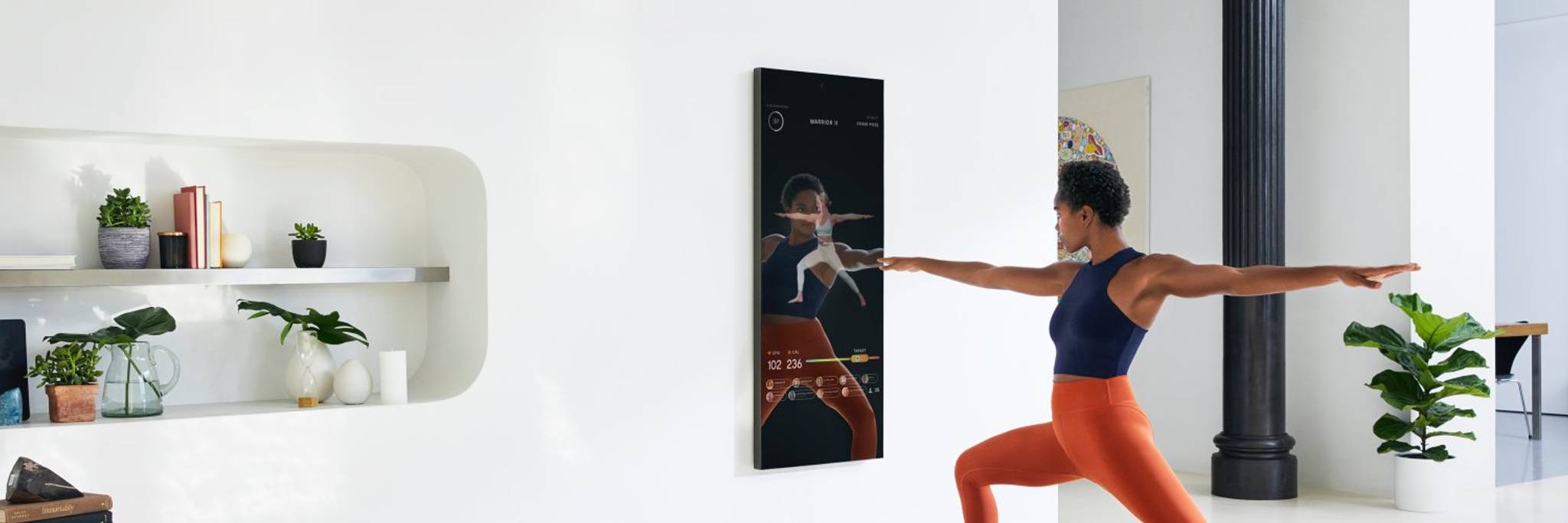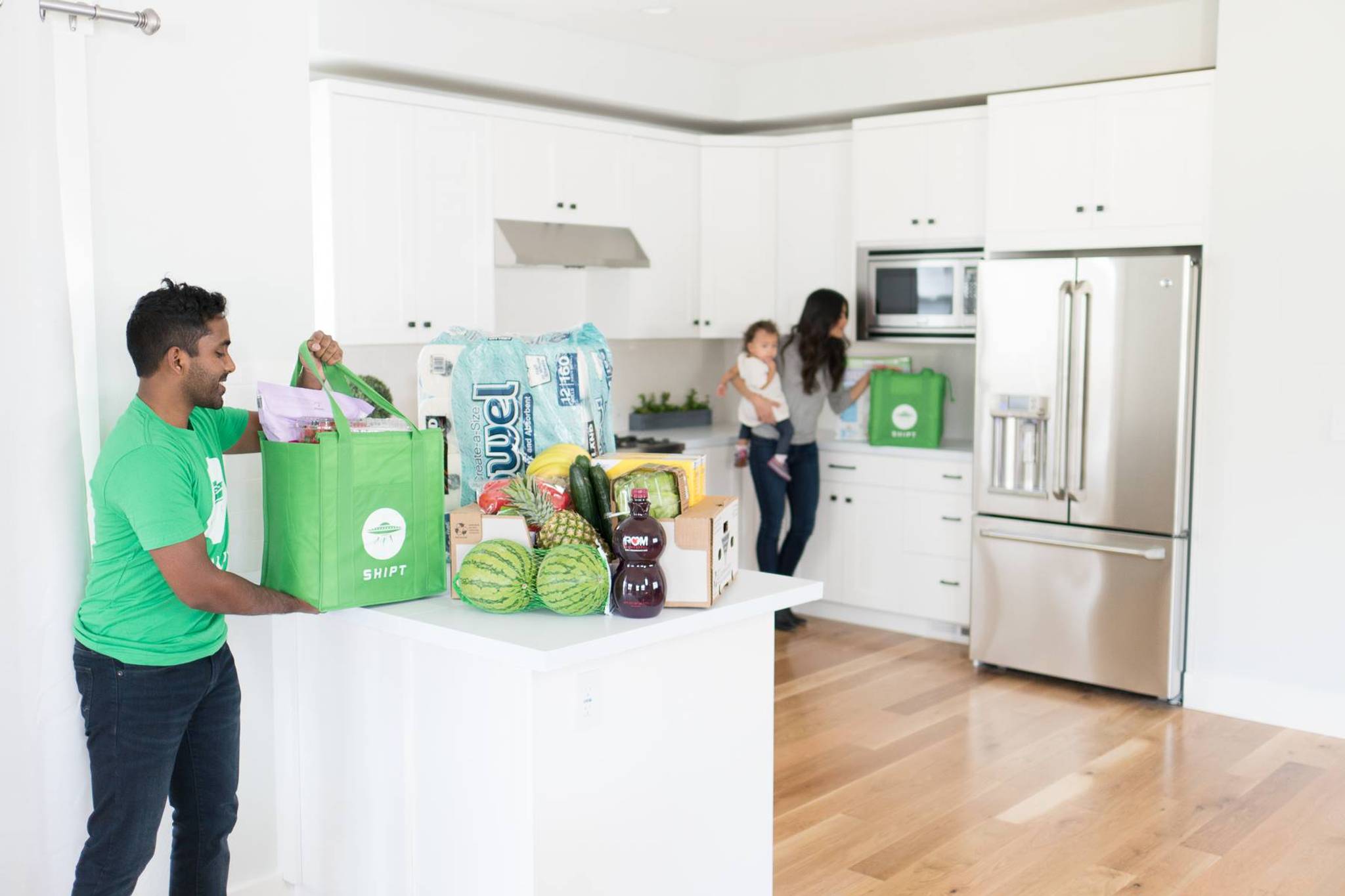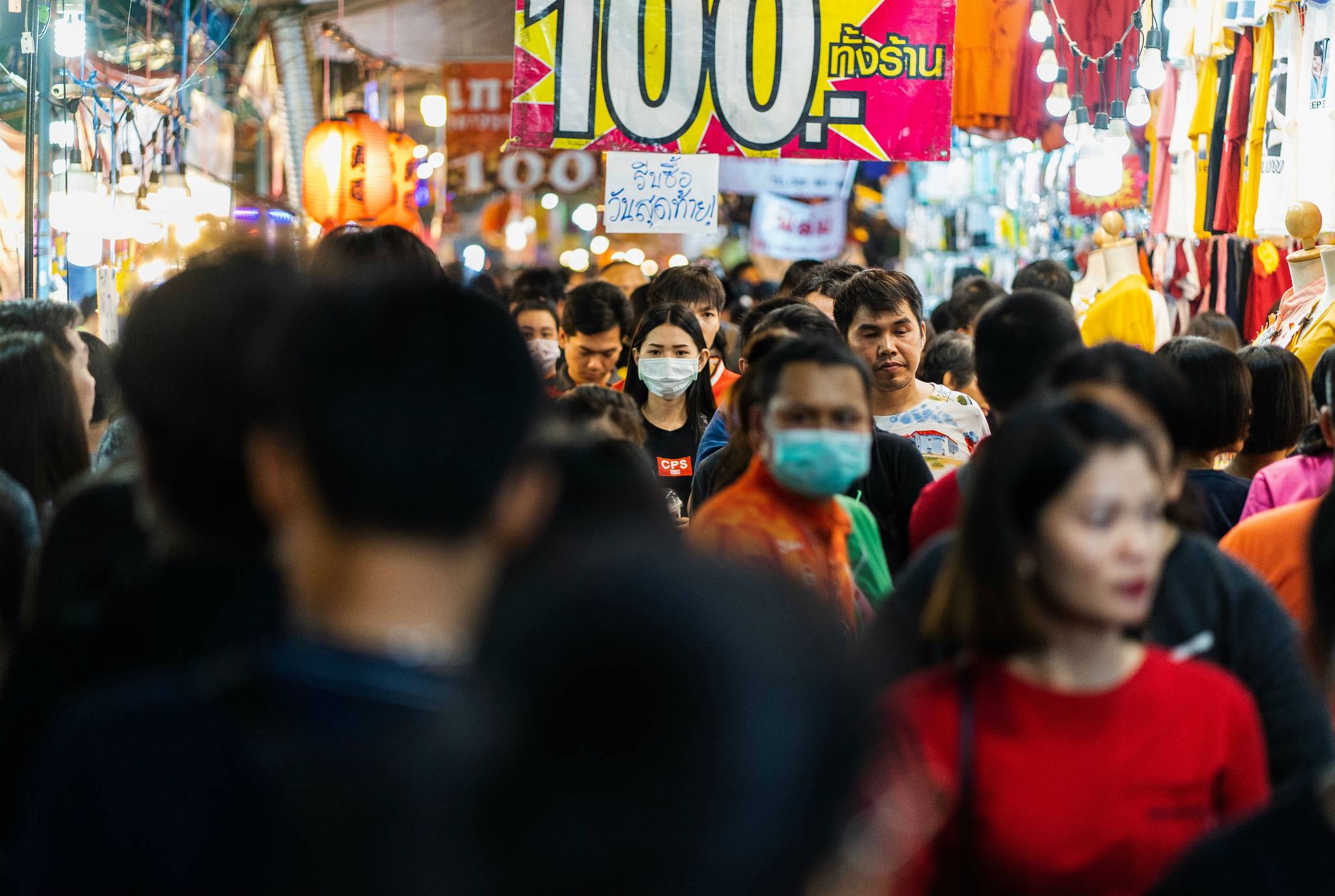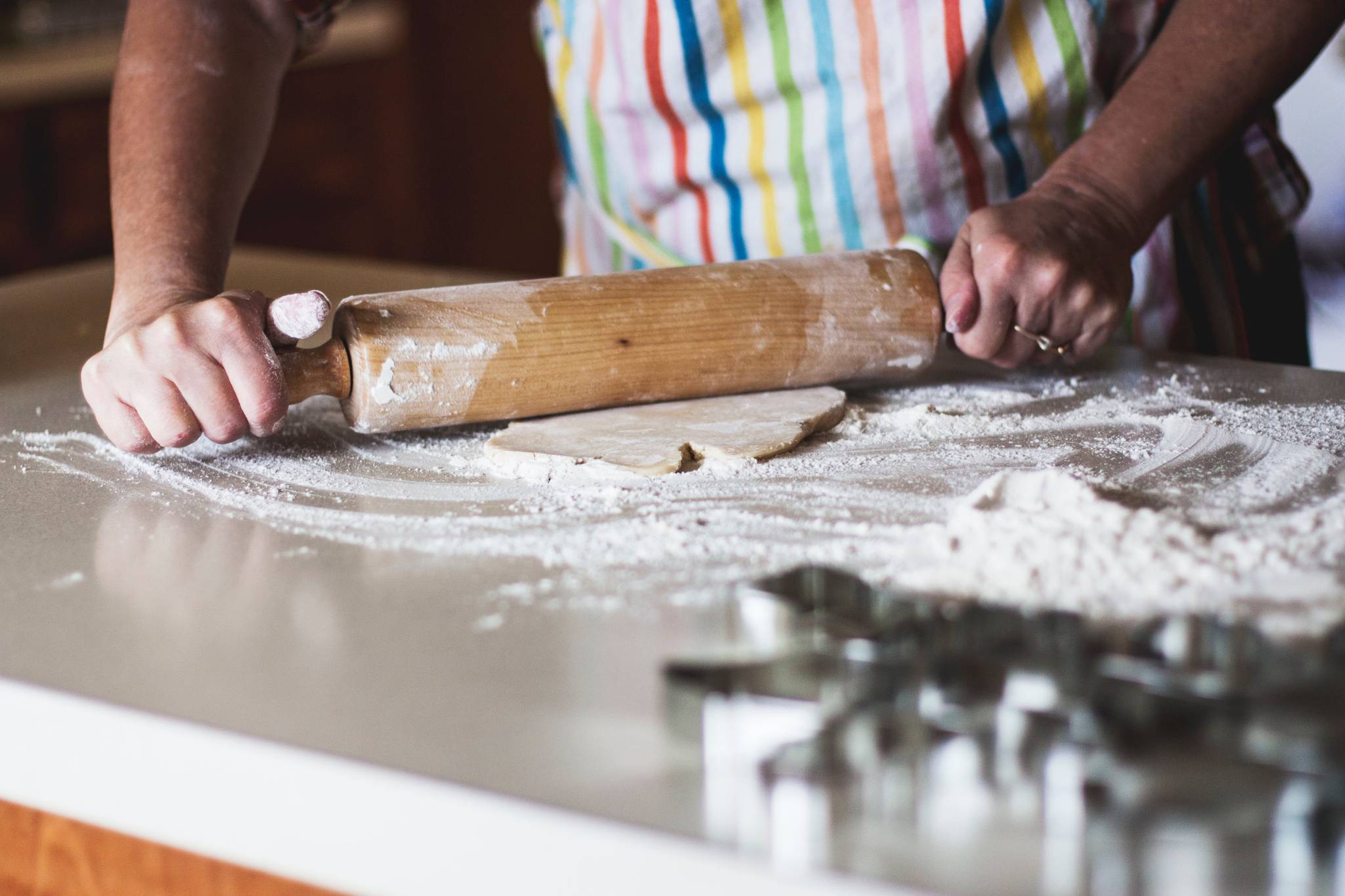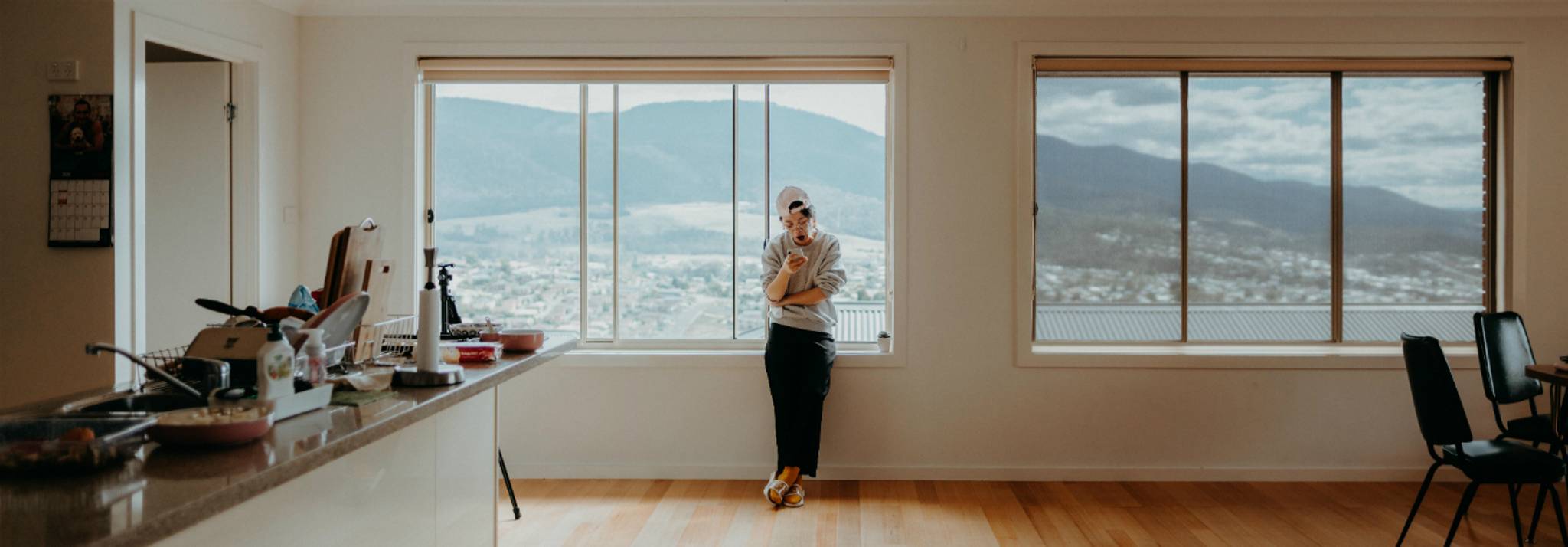
The COVID-19 pandemic has fundamentally altered the nature of daily life, from postponing major events and shutting down entire industries to restricting the movement of billions worldwide. Canvas8 interviewed people self-isolating around the world, to understand how they’re coping with and adapting to these changes. We explore the insights behind this and how brands can help people cope.
“I’m wondering whether my 2020 vision is going to turn into 2021 vision,” says 22-year-old Briton Camilla. “I’ve reached a point of acceptance with it.” Her words reflect a more general attitude towards the rest of the year ahead. The start of a new decade may have hailed new plans and ambitions for many, but the outbreak of COVID-19 has largely ground them to a halt. With 20% of the world’s population on some form of lockdown, the pandemic is changing the very nature of civilian life.
Social isolation as a result of COVID-19 may be causing widespread disruption, anxiety and confusion, but it’s also leading many to reassess their relationship with the world around them. In the absence of tightly-packed schedules and burdensome work commitments, many are directing their attention to helping others. Indeed, 59% of Britons feel that coronavirus has brought the UK together. Whether that’s shopping for a neighbour, catching up with friends, or volunteering in the local community, COVID-19 has highlighted the importance of overcoming social division and supporting one another through adversity.
As government, health workers and people throughout the world grapple to contain the virus, Canvas8 interviewed 18 global respondents who are self-isolating, to find out what they’re most concerned about, how they’re coping and what is their vision of the world moving forward. Through the analysis of the interviews, Canvas8 has formulated four recommendations for brands to fulfil the wants and needs of global consumers during this time...
1. Digitise daily experiences
Whether it’s missing out on a favourite exercise class, being unable to attend Mass, or the cancellation of cultural moments, quarantine is depriving people of the physical, spiritual and cultural fulfillment that they take from their daily lives. As brands and businesses scramble to digitise their services, the pandemic is redefining what was considered possible from the comfort of your own home. Companies that once relied on physical contact have the opportunity to meet consumers in these new, digital spaces. Twitch, for example, has extended its services to create Twitch Sings, an interactive karaoke game that allows players to duet with others across the world; BrewDog has created an online pub; and Bleach London has launched ‘Hair Party’: a virtual salon created to ease people into at-home hair care.
2. Provide comic relief
While the pandemic has caused a rise in news consumption, many people are actively limiting their exposure to COVID-19-related content for the sake of their mental health. “I am keeping the whole news cycle at arm’s length a little bit so that I’m hearing what I need to know, but I’m not having a constant barrage of doom and gloom,” says Matthew, 26, from the UK. Two-thirds of people in the UK feel anxious or worried about the outbreak, while almost a quarter (22%) of Americans have experienced a decline in their mental health. In a context of global fear and anxiety, moments of levity provide a welcome distraction from negative news updates. Of course, no brand wants to be seen to make light of the situation, but parodying the more mundane aspects of the pandemic through memes and TikToks could instill positive brand associations and bring joy to stressed-out consumers.
3. Help people upskill
“I’m using this as an opportunity mostly to work on parts of myself and my skills that I’ve been wanting to work on,” says Holly 22, Spain. For many people unable to work or without a job, social isolation means having an unprecedented amount of free time. Many are looking for ways to use this time productively, giving brands the opportunity to help them upskill. Micro-learning platforms, such as Google’s Tangi app and Ed, are likely to do well in this context by giving people access to easily-digestible learning opportunities, tailored to their existing skillsets. Online education opportunities could also prove crucial for children unable to attend school: Minecraft, for example, is offering free lessons to quarantined kids, while fitness coach Joe Wicks has offered to become the UK’s PE teacher by offering free classes every weekday for children and their parents.
4. Step up and show your pro-social side
As the pandemic drives consumers to become more socially-minded, people want to see brands contributing to the good of society too: 78% of people expect businesses to act to protect their employees and the local community. Within the context of the coronavirus, this means prioritising social initiatives over short-term revenue. In Spain, a number of advertising agencies have signed a pledge to #PararParaSeguir ('Stop to Continue'), which vows to 'forget about today’s return to ensure the future.' YouTube has similarly taken a stance on the issue, by forbidding all but a select few creators from monetizing videos about COVID-19. Companies that fail to address the issue risk instilling negative brand associations. Target, for example, was criticised for continuing to sell undersupplied medical gear to the general public.
Lottie Hanwell is a junior behavioural analyst. She loves travelling, reading novels, dogs, and hosting dinner parties. A graduate of Engish Literature and Spanish, she’s adventured through Latin America where she developed a taste for Argentine Malbec and dodgy Reggaeton. Now settled back in London, she hopes to translate her fondness of people-watching to her role at Canvas8.
The longer-form Vox Pop report, featuring 19 responses, is available on the Canvas8 Library.
We’ll be covering the next phases of a pandemic response – adjustment and re-evaluation – in part three of our PandemicCulture webinar series. Sign up here to join our expert analysts and learn how to apply a framework to understand consumer behaviour during and after COVID-19.
